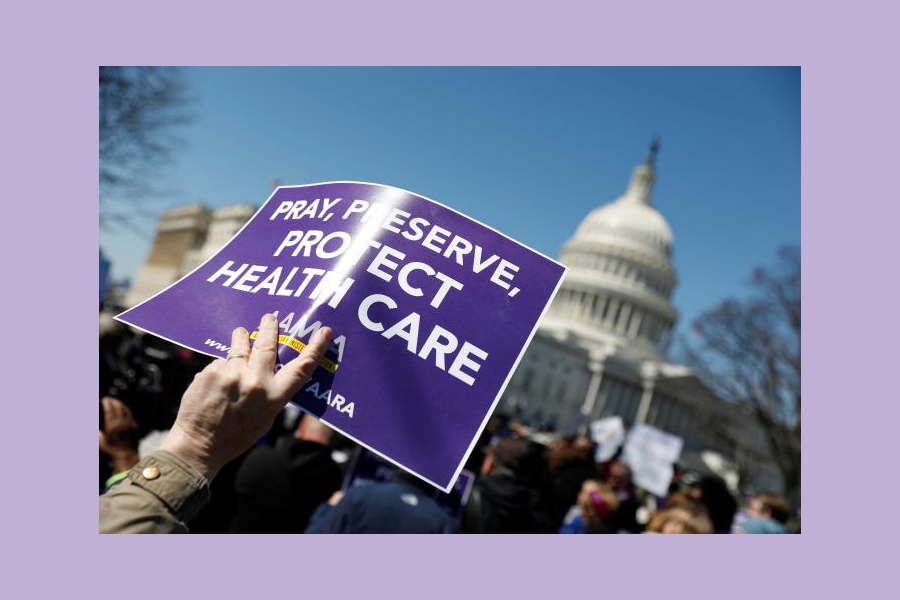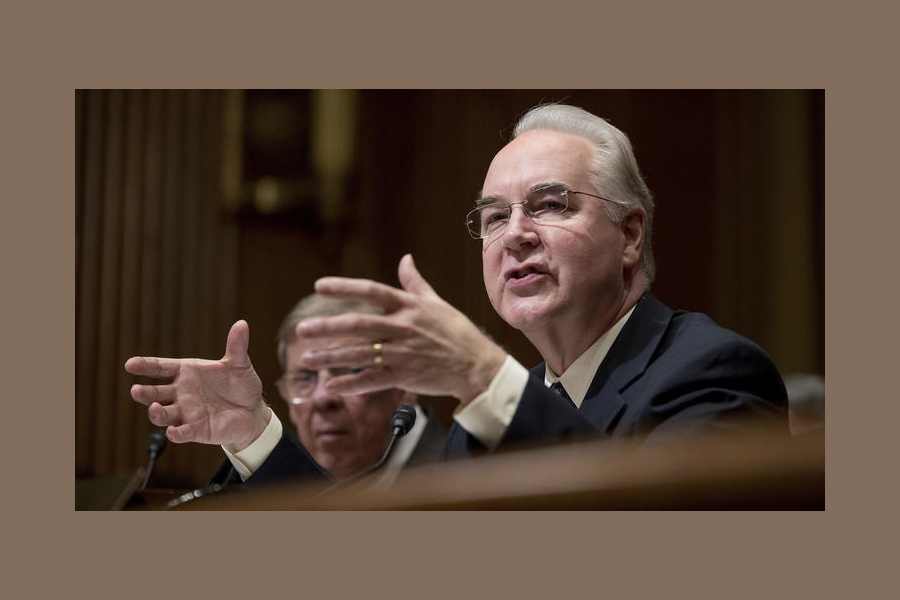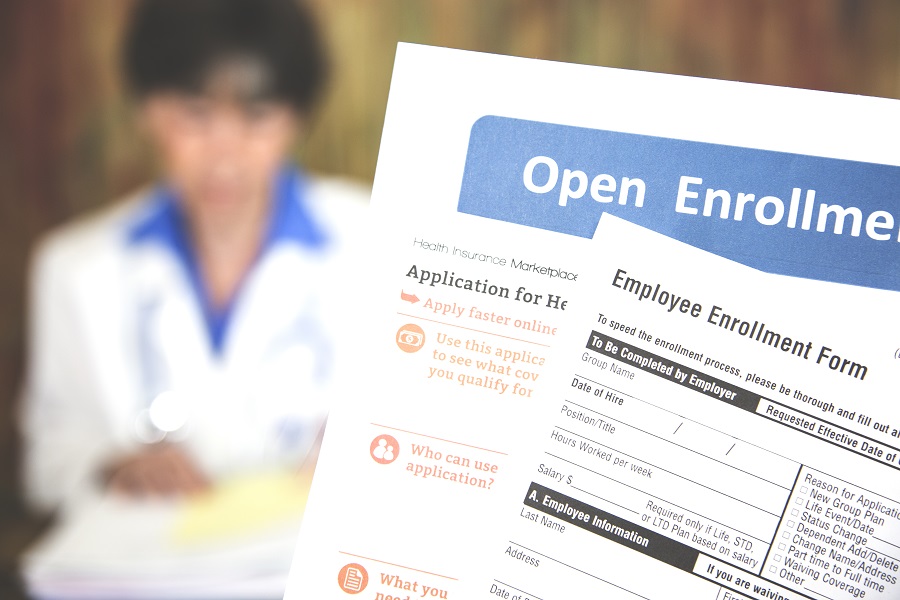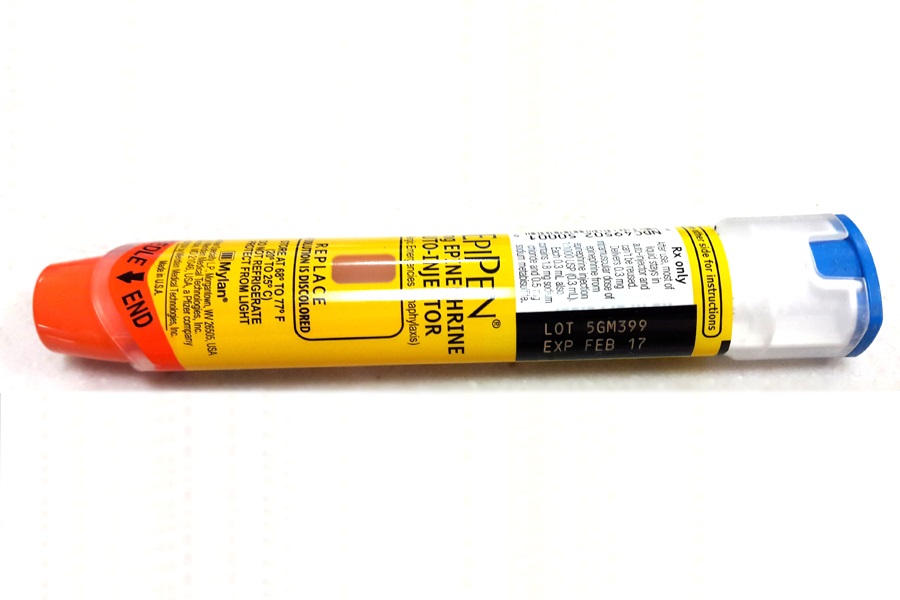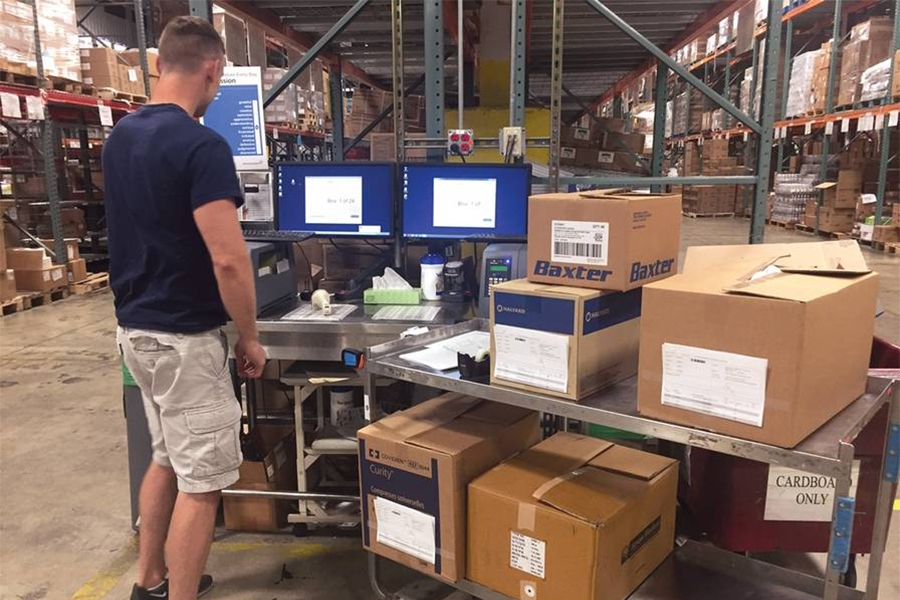Warnings of a fatal imbalance in the risk pool now look ill-founded, with money left over in a fund to protect insurers from costly claims.
Not so long ago, critics of Obamacare were warning of death spirals, the risk that too many sick people and not enough healthy ones would sign up for insurance, triggering a cycle of ever higher costs for insurers and steep premium hikes for consumers.
That didn’t happen. In fact, a $10 billion cushion that the Affordable Care Act created to protect insurance companies from high-cost patients turned out to be more than needed, the government announced yesterday.
In 2014, the ACA ended the long-standing insurance industry practice of denying health coverage to people with pre-existing conditions and charging the less healthy more for coverage. In exchange for ending such medical underwriting, the law required everyone to get health insurance and provided subsidies for those who couldn’t afford it.
But nobody knew what the risk pool, the balance of healthy and sick, was going to look like. To give insurance companies some confidence, the ACA created a temporary fund to help insulate them from a risk pool skewed by too many sick people signing up. It levied a $63-per-enrollee fee on health plans. That collected about $10 billion.
Private health plans, including those run by big employers, paid into the fund; the reinsurance payouts go only to insurers selling individual health plans. It’s largely a transfer of money from the former to the latter, to help insurers defray the costs of covering very sick patients in the individual market, where they could no longer deny coverage. (Such denials were already forbidden in the group health plans.)
Turns out there’s money left over in the fund, the Centers for Medicare and Medicaid Services (CMS) announced, though CMS spokesman Aaron Albright didn’t say how much. The fund was expected to pay 80 percent of health plans’ reinsurance claims1. Instead, it will pay 100 percent. Any remainder carries over to the reinsurance fund for 2015.
That’s good news for insurance companies, who were expecting to get 80 cents for every dollar eligible for reinsurance payment. They’ll collect the full amount instead. As it was, big winners such as Humana, Aetna, Cigna, and Health Net together expected to get more than $1.3 billion from the fund, according to securities filings analyzed by equity researcher Leerink Partners. Humana alone expected $586 million.
It may also mean that premium increases next year will be more moderate than expected. Insurers used a hefty dose of guesswork when they set premiums for 2014, because the market was changing so drastically. Even when they determined 2015 rates last spring, actuaries had only a few months of data about the new risk pools. Now they’ve got more than a year’s worth of claims experience to determine how much to charge in 2016. The fact that the reinsurance fund was more than adequate suggests a healthier pool of patients than many anticipated.
Original article authored by John Tozzi of Bloomberg News on June 18, 2015.









